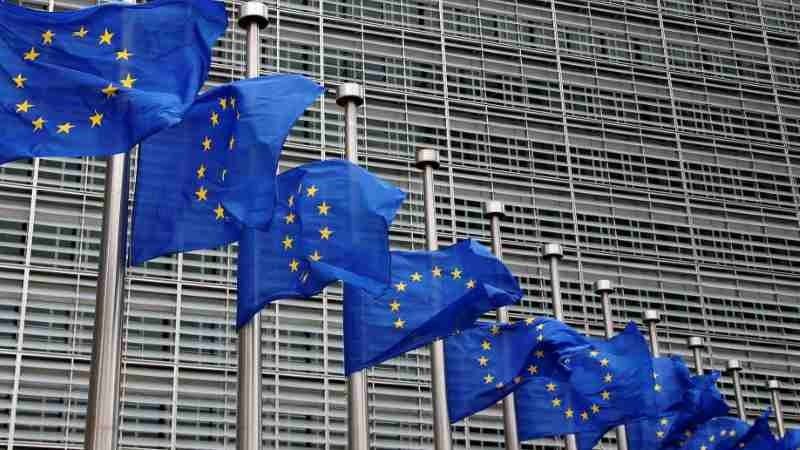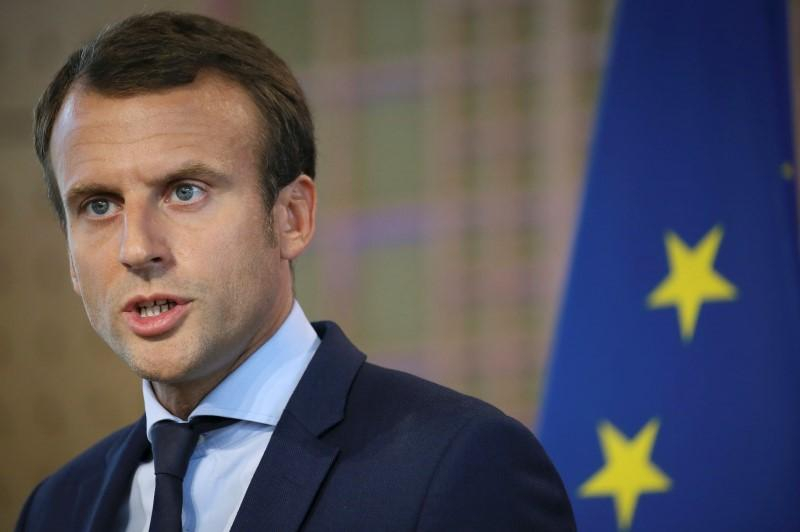
Business
13:48, 03-Dec-2018
EU delays euro zone budget, deposit insurance plans
Updated
12:51, 06-Dec-2018
CGTN

EU finance ministers will agree on Monday to give the euro zone bailout fund new responsibilities, but they will delay decisions on the euro zone budget and a deposit guarantee scheme after failing to reach an agreement, a draft document showed.
The ministers will discuss deeper economic integration of 19 countries sharing the euro, to prepare the single currency bloc for the next potential crisis.
However, after a year of negotiations, fraught with political difficulties, little of the original ambition, championed by French President Emmanuel Macron, remains.
The two flagship ideas - a separate budget for euro zone countries to help stabilize their economies and a deposit guarantee scheme to make all euro zone bank deposits safe - are too controversial and will be worked on further until June 2019, according to the draft document, seen by Reuters.
In the case of the deposit guarantee scheme, mistrust among euro zone countries is so great that they could not even agree on a roadmap for beginning political negotiations on EDIS (European Deposit Insurance Scheme), as mandated by EU leaders.
"Further technical work is still needed to agree on a roadmap. We will establish a high-level working group with a mandate to work on next steps. The high-level group should report back by June 2019," said the draft report by EU finance ministers.
The report was produced for EU leaders, who will meet on December 14. Britain, which leaves the EU next March, will not be represented at Monday's meeting of finance ministers.
The Macron idea of a large euro zone budget of hundreds of billions of euros, financed by dedicated taxes and national contributions to stabilizing the euro zone in case of a crisis, is also shelved for six months, the document said.

French President Emmanuel Macron./Reuters Photo
French President Emmanuel Macron./Reuters Photo
The disagreement focuses on the budget's stabilization function which some northern European countries see as inviting too much moral hazard.
"The possible features of a stabilization function were also discussed. We did not reach a common view at that stage on the design of such a function," the draft report said.
"Subject to guidance from the Euro summit, we stand ready to continue the work in the first half of 2019 on instruments for stabilization based on the different options that have been presented by the Commission or member states, including an unemployment reinsurance scheme," it said.
The ministers will announce, however, that they agree for their bailout fund, the European Stability Mechanism (ESM), to lend to the euro zone bank resolution fund (SRF) in an emergency should a potential crisis use up all of the SRF's resources.
The bailout fund would be ready from 2024 to come up with loans for bank resolution, although the money could be available earlier if a review in 2020 shows risks of bank collapse have fallen so much, the backstop won't be needed.
The ministers will also allow the ESM to lend to a euro zone government that conducts fundamentally sound policies but has been hit by an economic shock not of its own making.
"The euro area will be equipped with these more effective tools for countries with sound economic fundamentals, which could be affected by an adverse shock," the draft said.
Finally, the ministers will acknowledge the possibility of the ESM playing a role in a potential sovereign debt restructuring in the future, but dressed in a language that would limit its involvement to a minimum.
"When appropriate, and if requested by the member state, the ESM may facilitate the dialogue between its members and private investors. This involvement would take place on a voluntary, informal, non-binding, temporary, and confidential basis," the draft, to be adopted by the ministers on Monday, said.
Source(s): Reuters

SITEMAP
Copyright © 2018 CGTN. Beijing ICP prepared NO.16065310-3
Copyright © 2018 CGTN. Beijing ICP prepared NO.16065310-3